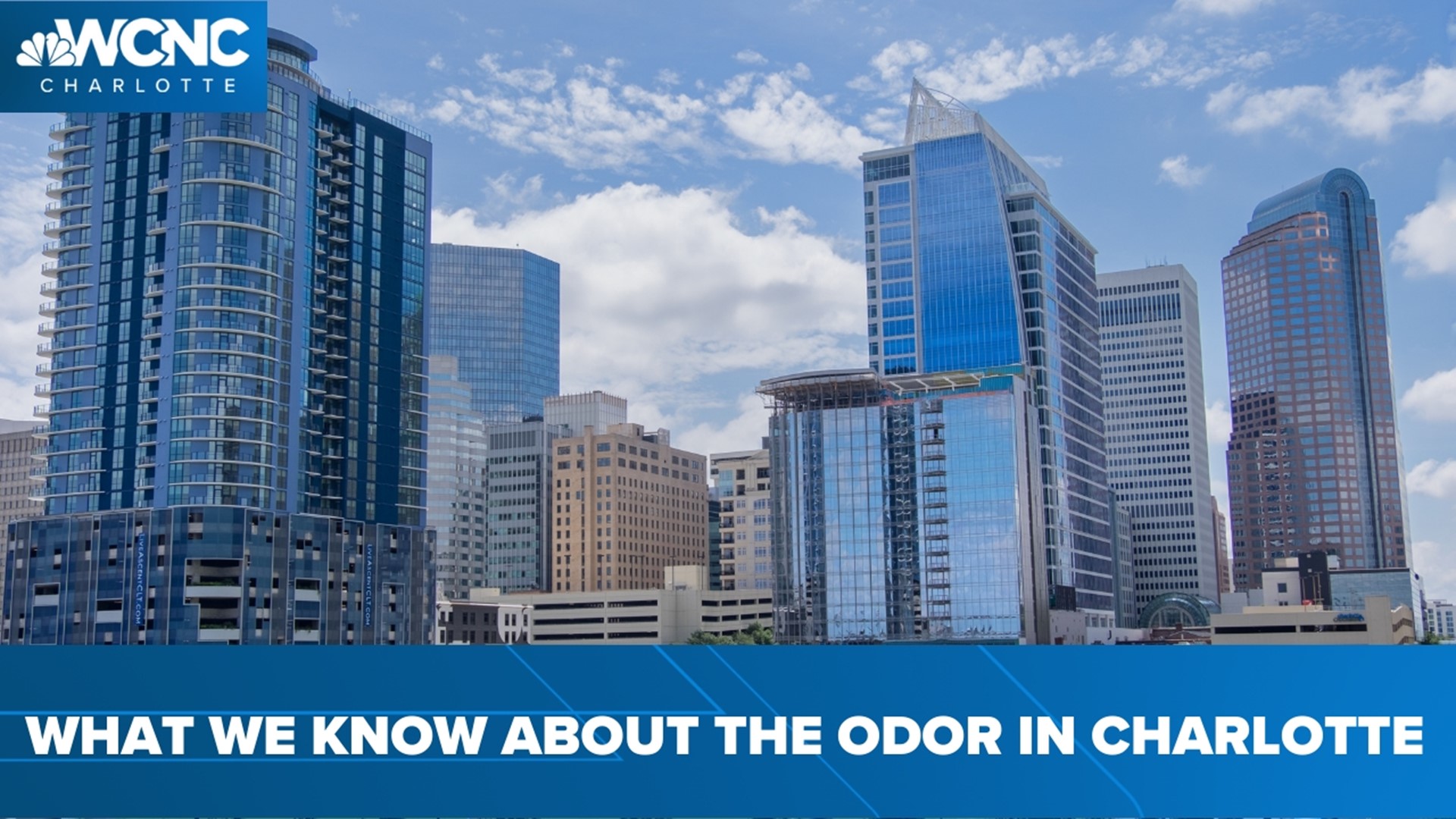CHARLOTTE, N.C. — Piedmont Natural Gas identified the cause of a natural gas odor that had people buzzing across the Charlotte area Thursday.
In a tweet, Piedmont Natural Gas said the smell was due to an unintentional release of mercaptan, which is added to natural gas to give it the distinctive smell of rotten eggs, making it easy to detect. Piedmont Natural Gas said mercaptan poses no threat to the community and no natural gas leaks were detected in their system.
Piedmont confirmed the leak was caused by an environmental company near Uptown Charlotte destroying mercaptan tanks that were mistakenly reported as being empty. A weather phenomenon called an inversion made the smell more exaggerated across Charlotte, Brad Panovich confirmed.
City officials received so many calls about the smell that an emergency alert was issued to cellphones in the Charlotte area asking people not to call 911.
The smell was reported in NoDa, Uptown and South End, among other parts of the city. Piedmont Natural Gas said it is bringing in crews from across the Carolinas to respond to all emergency calls they received to verify there are no leaks. Customers with questions or concerns are asked to call 800-752-7504.
What is mercaptan?
According to the University of Calgary, mercaptan (also known as methanethiol) is a foul-smelling gas added to natural gas. It is an organic gas composed of carbon, hydrogen, and sulfur.
Because natural gas is colorless and odorless, mercaptan acts as an odorant, making it easier to detect.
Weather's role in spreading the smell
Chief meteorologist Brad Panovich confirmed the odor was exaggerated by a weather event called an inversion, which is when a layer of warm, dense air traps everything underneath it, including pollution, smoke, fog, and smell. That would also include natural gas, which is lighter than air and is naturally odorless.
"The odor is exaggerated by a strong low-level temperature inversion," Panovich tweeted Thursday. "It's a warm layer of air just off the surface that traps things below it."
"While you should always be wary of gas leaks, there are certain atmospheric setups that cause this smell to be more pronounced," Panovich wrote. "There is a situation where this is normal and not a danger."
An inversion is when a warm layer of air just above the surface traps many things below it, like pollution, sound, fog, smoke, and even natural gas.

